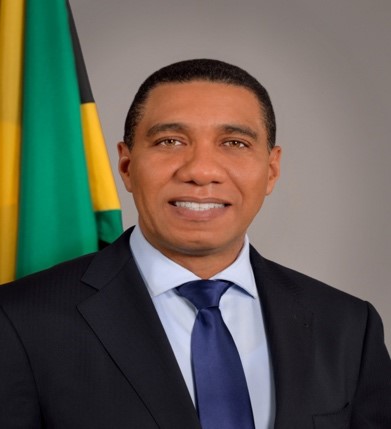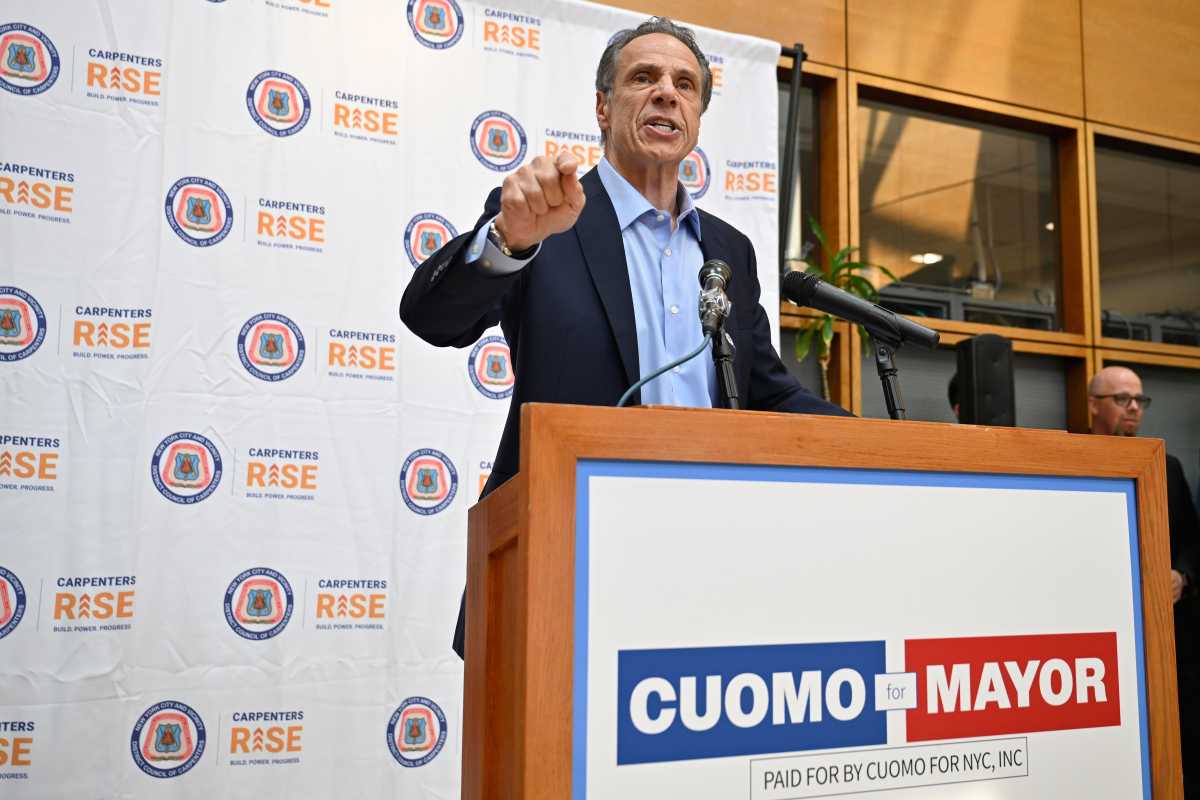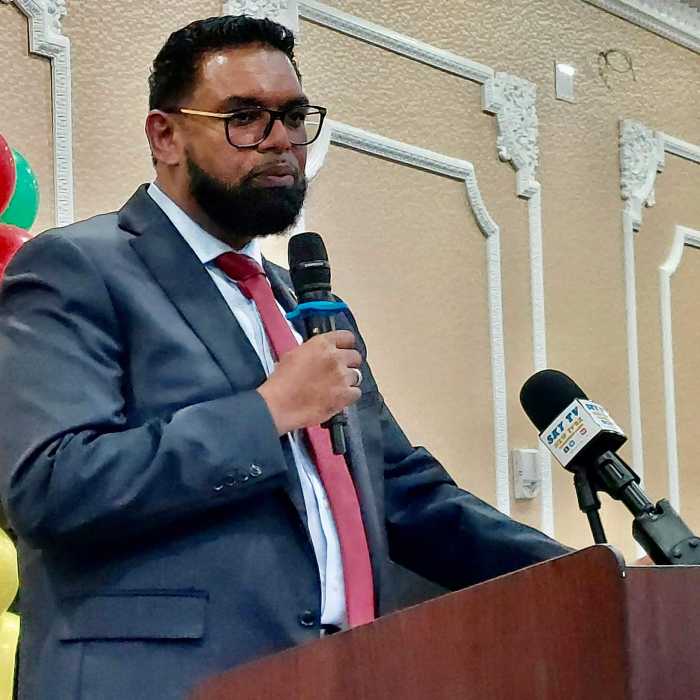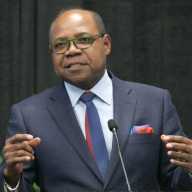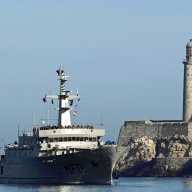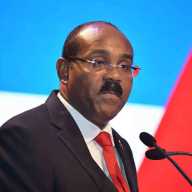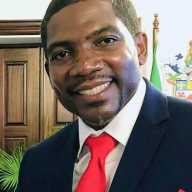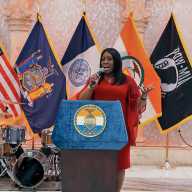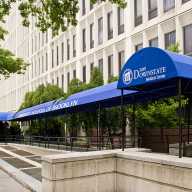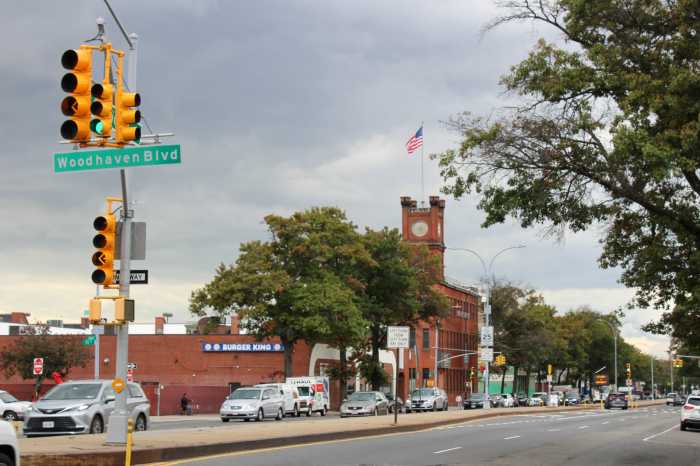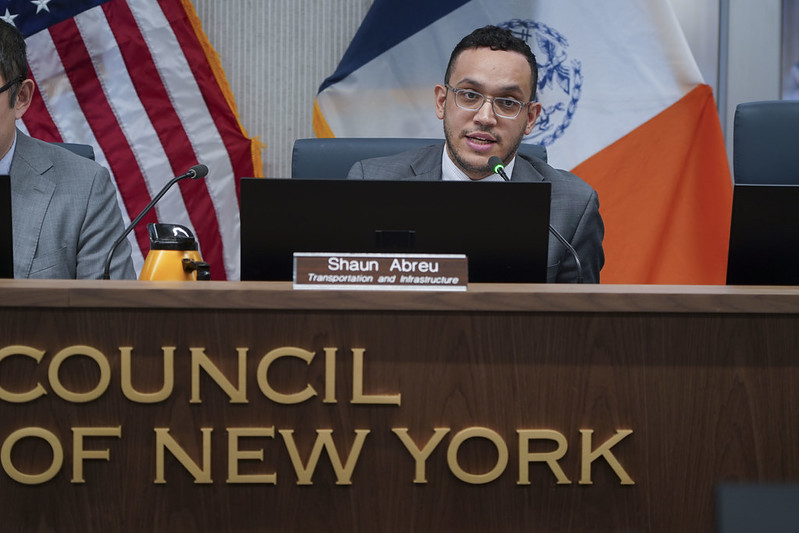Jamaica
Prime Minister Andrew Holness has announced Sept. 3 as the date for the general elections in Jamaica, as his ruling Jamaica Labour Party (JLP) seeks a third consecutive term in office.
Holness, 53, addressing a rally, told supporters he had informed the Governor General Sir Patrick Allen of the decision.
“Our stewardship must be reviewed by you, the people,” Holness said. “My fellow Jamaicans, you now know the time, you now know the date, I ask you to choose wisely.”
Speaking to supporters, Holness said, “I don’t have to tell you this is the best-performing government in the history of Jamaica,” adding that governments usually tend to lose momentum in the second term.
“The momentum is with the Jamaica Labour Party. The momentum is borne out of the hard work… but also borne out of the legitimacy of the government.”
Holness said since coming to office ten years ago, the government has been able to drastically reduce crime, cut interest rate, improve housing and education, as well as provide opportunities for young people among other policies.
He said that from Sept. 1, medium and small enterprises (MS-MEs) will benefit from a 50% reduction in water rates, and young people will also benefit because they have expressed the need for opportunities to help grow the economy.
During his address, Holness sought to deal with the accusations of corruption against him, saying that Jamaicans are well aware of his struggles and how he had been able to start a business using a vehicle.
“I am a true Jamaican,” he said. “I never made any money on the backs of the Jamaican people.
Holness reminded the meeting that he did not accept any salary increase: “My salary today is about J$9 million…but I never take it (salary increase).
“Who is truly for Jamaica…every day I read my Bible and I pray. I want to thank all the Jamaicans who pray for me. I will never do anything to harm you,” he told the JLP supporters.
The JLP is expected to face a strong challenge from the main opposition People’s National Party (PNP), which won 14 of the 63 seats in the Parliament in the 2020 general election.
The PNP has welcomed Holness’s announcement, saying, “We have been waiting for this moment for a very long time.”
Grenada
Grenada’s Foreign Affairs Minister Joseph Andall defended the services provided by the Cuban medical brigade even as the United States government announced that it had taken steps to impose visa restrictions on Grenadian government officials and their family members for their complicity in the Cuban regime’s medical mission scheme.
While Andall did not confirm whether or not he has been targeted by Washington, he maintained that the Cuban medical programme, “has been indispensable towards our health infrastructure.”.
He said that this is the position “not only in Grenada, but throughout the Caribbean and in other parts of the world. In fact, Cuban doctors have been known to render services in countries as far away as Italy during the COVID-19 pandemic.”
Andall said that Grenada has benefitted from specialist Cuban doctors working in his homeland and that “a significant percentage of our medical doctors are training in Cuba at no cost to the (Grenada) government.
So without the input of the Cuban medical brigade, there is no question that our health system will collapse,” he said, adding that as far as the allegations that the Cubans are involved in forced labour and human trafficking, “we will never be party to anything of that nature.”
“We are quite satisfied that the Cuban medical programme with us is totally above board and in compliance with international labour and human rights standards. So we have no qualms about being able to defend them,” Andall said.
In a recent statement, the US State Department said that the visa restriction measures will also target African and Cuban government officials. The statement did not name any of the officials from the three countries.
Washington said that these government officials were complicit in the Cuban regime’s medical mission scheme in which medical professionals are “rented” by other countries at high prices and most of the revenue is kept by the Cuban authorities.
It said that this scheme enriches the corrupt Cuban regime while depriving the Cuban people of es-sential medical care.
But Caribbean foreign ministers defended the Cuban health programme and the benefits it offered. They also voiced concern about the impact of US policies and the embargo on the Cuban people.
Guyana
Guyana is the only Caricom country named in 15 new countries under the UK’s “deport now, appeal later” scheme, as the country seeks to send foreigners who commit crimes in the UK back to their home countries before they can appeal against the decision.
London has named Canada, India and Australia in the new list, bringing the total to 23. The other countries named are Angola, Botswana, Brunei, Bulgaria, Indonesia, Kenya, Latvia, Lebanon, Malaysia, Uganda and Zambia.
Home Secretary Yvette Cooper says expanding the scheme will prevent foreign criminals from “exploiting” the UK’s immigration system and fast-track their removals.
Under the new scheme, foreign nationals whose claims have been refused will be expelled from the UK and can take part in their appeal hearings from their home countries via video link. Cooper said previously offenders were able to remain in the UK “for months or even years” while their cases worked through the appeals system.
“That has to end. Those who commit crimes in our country cannot be allowed to manipulate the system, which is why we are restoring control and send-ing a clear message that our laws must be respected and will be enforced,” she added.
The British government has argued that increasing deportations will ease the overcrowding crisis in prisons.
Foreign Secretary David Lammy, whose parents are from the Guyanese nation, welcomed the decision and said the UK was working to increase the number of other countries where foreign criminals can be returned. Shadow Home Secretary Chris Philp also welcomed the move.
St. Vincent and the Grenadines
Prime Minister Dr Ralph Gonsalves has told supporters of the ruling Unity Labour Party (ULP) to prepare for the general elections, which are expected this year, ahead of the February 2026 constitutional deadline.
Echoing the Bible’s description of the coming of Christ, Gonsalves said “the elections which are before us, I want you to listen carefully, because in the twinkling of an eye, the election trumpet shall sound in the same way that the Apostle Paul, servant of the Lord, said on the final moment when the trumpet shall sound, the dead in Christ shall rise and those who are here will be wrapped up.”
“But on the earth, there’s an election trumpet will sound and the Constitution of St. Vincent and the Grenadines accords me the right and the responsibility and the authority to advise the Governor General when Parliament must be dissolved, and elections are to be called,” he added.
He told supporters that the trumpet “is not sounding tonight, but it shall come in the twinkling of an eye and be ready and be together in solidarity.”
Gonsalves, 79, is one of the longest-serving heads of government in the Caribbean, told party supporters in Colonarie, a town in the east of the island, that people consider three things when casting their ballots.
“They vote about the record of the party, the nature of the party, and how it has served you. It votes on leadership and it votes on candidates,” he said, adding, “mixed up with all of that, policies and programmes and achievements.”
He said that from his vantage point as prime minister for nearly 25 years, You cannot elect anybody who is weak, who is lazy, and who is indecisive.
“And Friday is lazy, he’s weak and he’s indecisive; he can’t make decisions,” Gonsalves said in reference to the opposition leader and head of the main opposition New Democratic Party (NDP), Dr. Godwin Friday.


